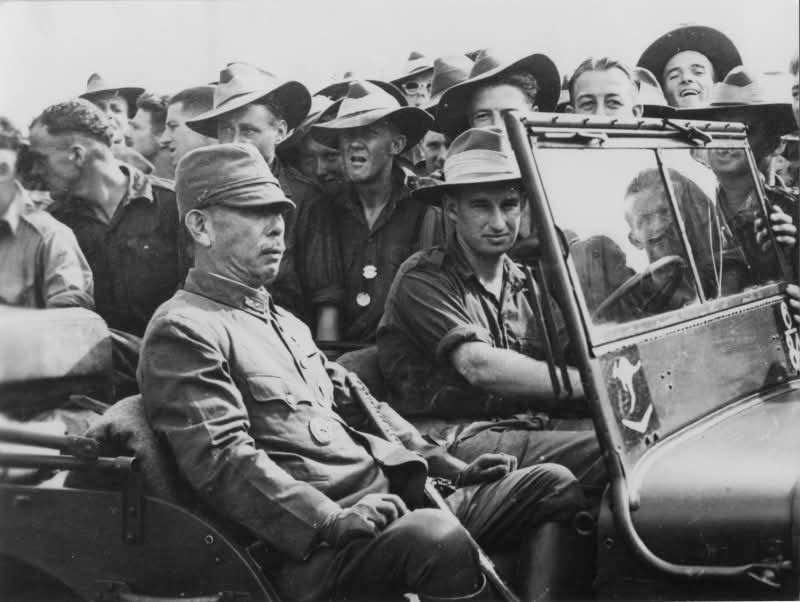
Lieutenant General Hatazo Adachi commanded the Japanese forces on New Guinea from November 1942 until the end of the Second World War. He took command of the Eighteenth Army after the death of Lieutenant General Tomitaro Horii on 23 November 1942, and inherited an army that was already in retreat. The Allies were using their air and sea power to isolate the major Japanese base at Rabaul, while Japanese troops were retreating along the Kokoda Trail to Buna.
Unlike his less fortunate colleagues isolated in small island garrisons, Adachi was able to conduct a long fighting retreat. In January 1943 he evacuated Buna, and pulled back to Sio on the Huon Peninsula, remaining there for the next year. Early in 1944 General MacArthur forced him to evacuate Sio and the Huon Peninsula. 14,000 men were evacuated from the peninsula, some using coastal barges and other by long forced marches.
The Eighteenth Army was eventually forced back to Wewak, on the north coast of New Guinea, where it remained trapped until the end of the war. Adachi made two major attempts to break out. The most serious of these attempts saw 31,000 men attempt to break out at Aitape (July-August 1944), but the failure of this attempt convinced Adachi that any further breakout attempts were futile, especially as the Japanese front line was forced further and further away from his position.
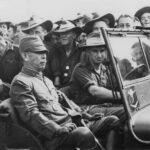
Adachi and the Eighteenth Army finally surrendered on 13 September 1945. By this time only 13,500 of his original force of 65,000 men were still alive, having suffered terribly during the long siege of Wewak. In 1947 Adachi was sentenced to life imprisonment for war crimes, and committed suicide. Before killing himself with a paring knife in the prisoners’ compound at Rabaul, he wrote several letters…In one of these, addressed to those officers and men of the Eighteenth Army who were then in the compound, he wrought:
“I felt it a great honour to have been appointed the C-in-C in November 1942, at a time when the issue of the day was to be settled, and posted to the point of strategic importance in order to ensure that the tide of war moved in our favour. I was thankful for that appointment. However, notwithstanding the fact that my officers and men did their best in the exceptional circumstances, surmounting all difficulties, and that my superiors gave the utmost assistance, the hoped-for end was not attained, because of my inability. Thus I paved the way for my country to be driven into the present predicament. The crime deserves death. During the past three years of operations more than 100,000 youthful and promising officers and men were lost and most of them died of malnutrition. When I think of this, I know not what apologies to make to His Majesty the Emperor and I feel that I myself am overwhelmed with shame . . . . I have demanded perseverance far exceeding the limit of man’s endurance of my officers and men, who were exhausted and emaciated as a result of successive campaigns and for want of supplies. However, my officers and men all followed my orders in silence without grumbling, and, when exhausted, they succumbed to death just like flowers falling in the winds. God knows how I felt when I saw them dying, my bosom being filled with pity for them, though it was solely to their country that they dedicated their lives. At that time I made up my mind not to set foot on my country’s soil again but to remain as a clod of earth in the Southern Seas with the 100,000 officers and men, even if a time should come when I would be able to return to my country in triumph.”
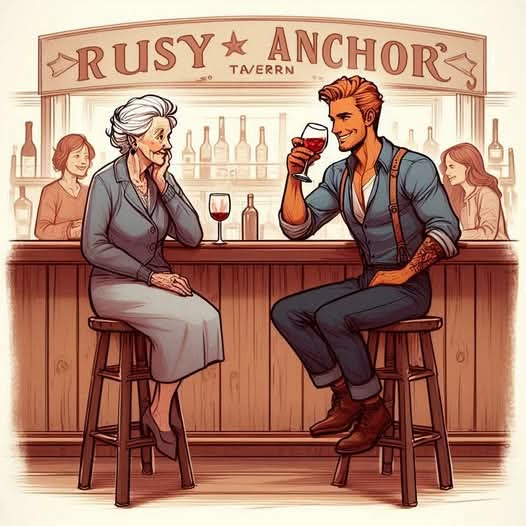


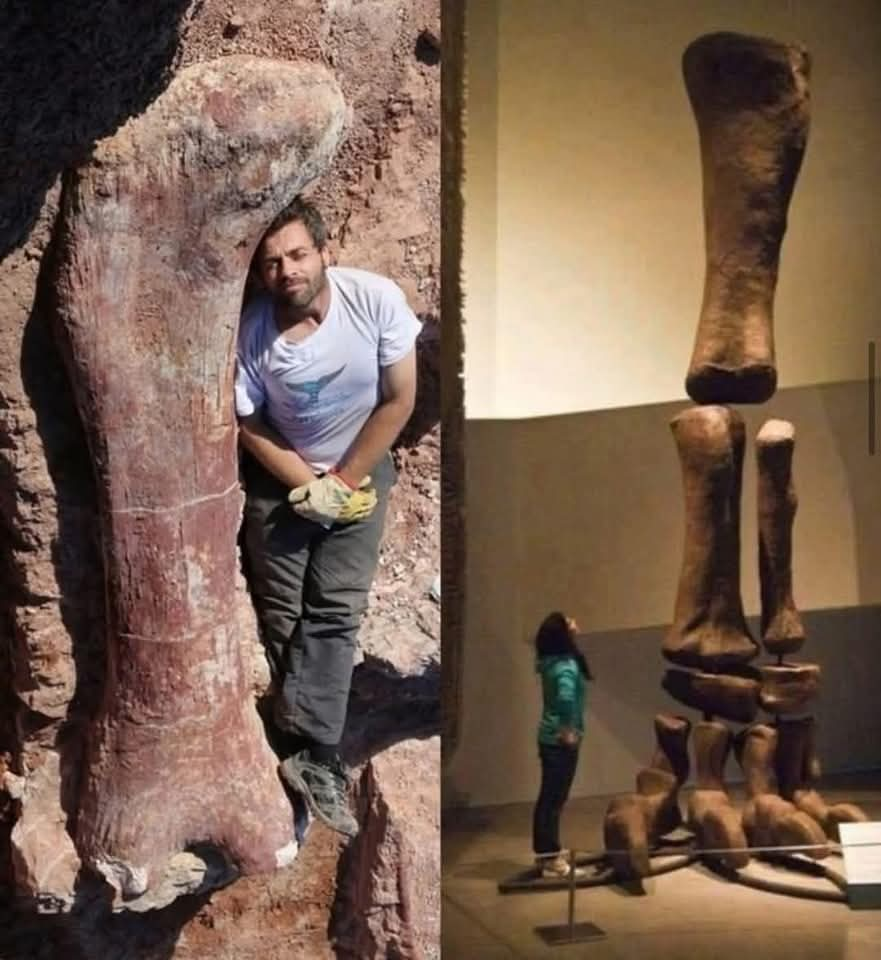


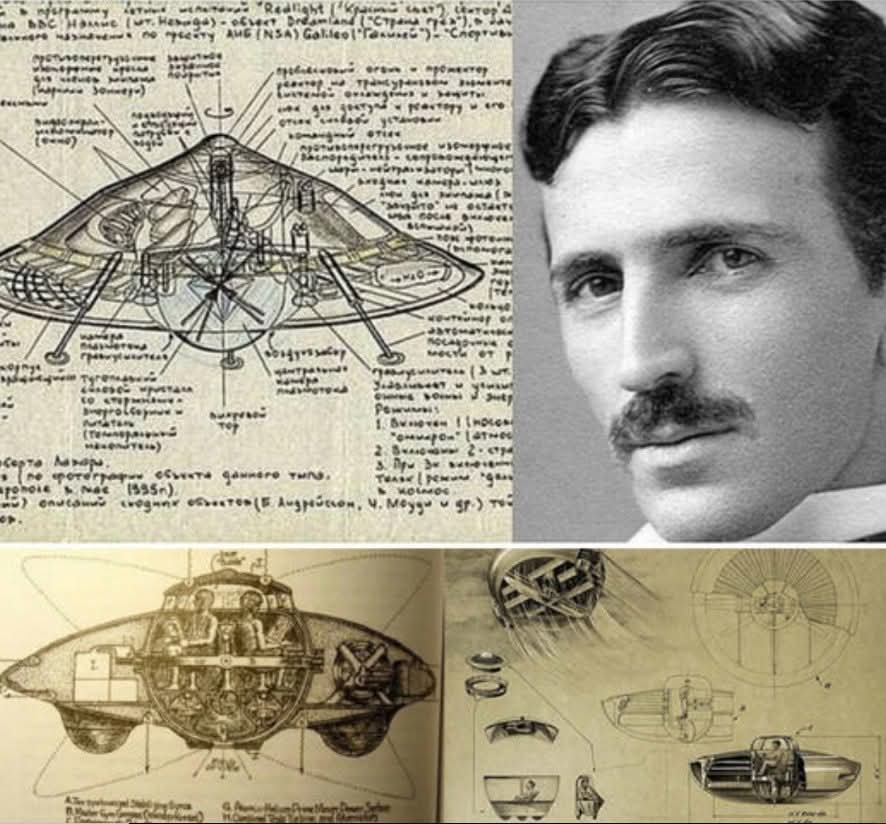
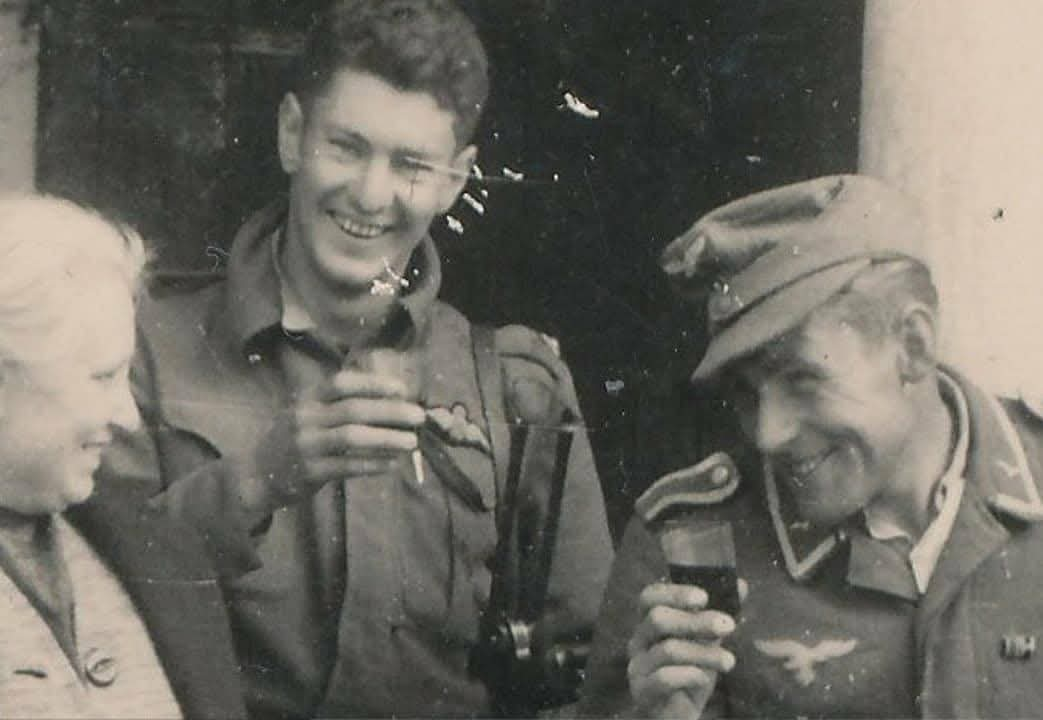
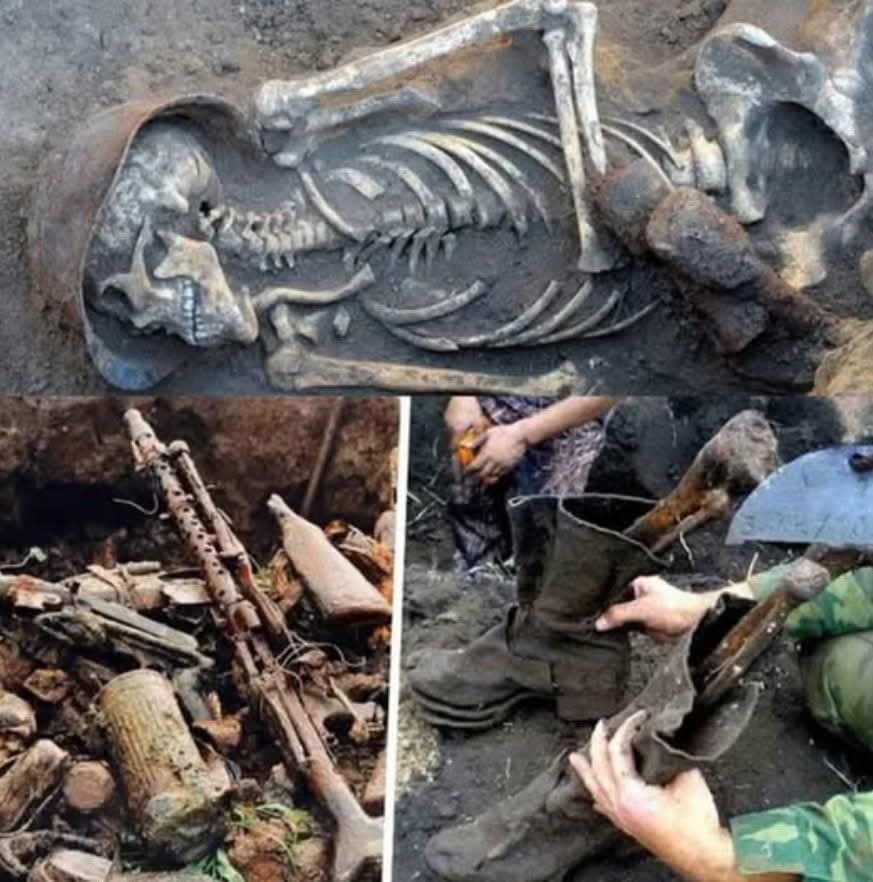

Leave a Reply